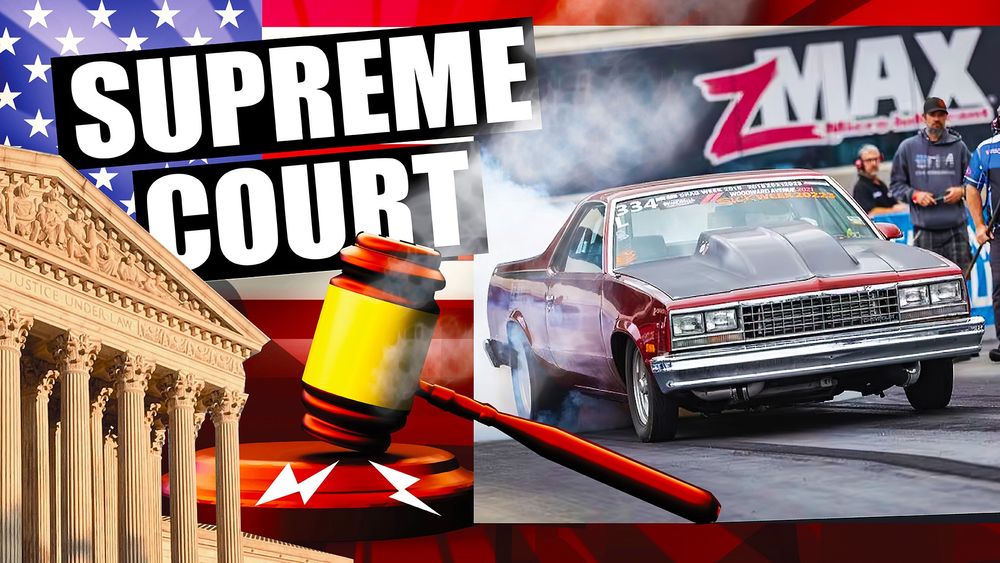Impact of the Chevron Doctrine Overturn on the Automotive Aftermarket
Let’s take a moment to discuss U.S. governmental control and the ramifications of its overreach on the automotive aftermarket, particularly in the performance sector. Regardless of whether you strongly agree or disagree with federal regulations imposed on hot rods and the extensive network of businesses that design, manufacture, and distribute products for our beloved vehicles, it’s evident that there are instances where the Environmental Protection Agency—the perceived “almighty” since its inception in 1970—oversteps its bounds when applying regulations on aftermarket businesses producing parts for vehicle modifications.
What Is the Chevron Doctrine?
The EPA’s authority emerged prominently when the U.S. Supreme Court ruled in favor of Chevron USA, Inc., in its 1984 case against the Natural Resources Defense Council. This ruling established the Chevron Doctrine, requiring courts to allow federal agencies to make decisions on ambiguous legal points not explicitly covered by Congress. Regarding our high-performance hobby, a layman’s explanation reveals that the high court believed EPA’s experts were better qualified than judges to adjudicate “gray-area” disputes. Essentially, this ruling enabled the Clean Air Act to become a significant challenge for the hot rod industry, a situation that has persisted for the last 40 years… until now!
Landmark Ruling
On June 28, 2024, the U.S. Supreme Court Justices voted 6-3 to dismantle the Chevron Doctrine with their decision on Loper Bright Enterprises v. Raimondo and Relentless, Inc. v. Department of Commerce. The Administrative Procedure Act, established in 1946, mandates that courts exercise independent judgment in determining whether an agency has acted within its authority. This Act prohibits courts from deferring to an agency’s interpretation of ambiguous statutes, thereby reintroducing an essential check in regards to the EPA and our hobby.
SEMA Responds
“Our industry has encountered the repercussions of federal overreach in numerous ways over the years, creating ongoing concerns for businesses under the threat of further encroachment by federal agencies,” states Mike Spagnola, President and CEO of the Specialty Equipment Market Association (SEMA). “The Supreme Court’s ruling reinstates the necessary checks and balances of our governance system, appropriately placing authority back with the elected officials in Congress responsible for drafting federal laws.”
iBestTravel is eager to observe how this transformative change will influence the industry moving forward. While the EPA will retain substantial authority over the aftermarket through the Clean Air Act, this new development restricts the agency from exerting undue influence over small aftermarket businesses, a practice it has frequently employed in the past. Such issues will now be resolved in court, which is undoubtedly beneficial for the automotive aftermarket.






